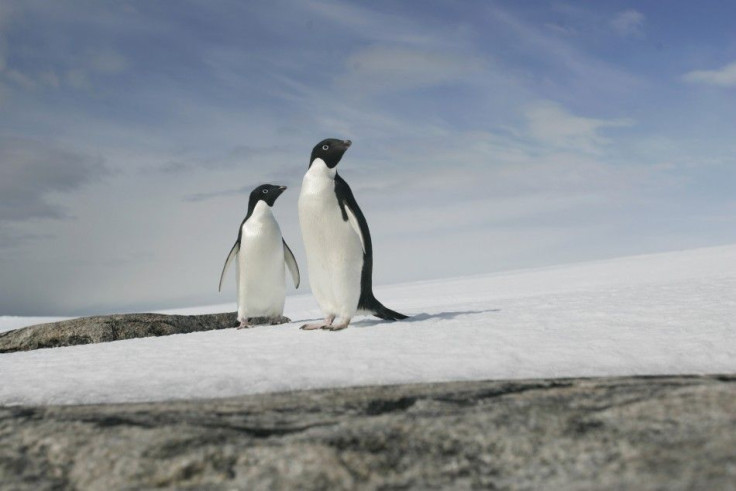Antarctic Winds Cause Rapid Sea Level Rise and Ocean Warming

Changes in winds blowing around Antarctica may help speed up the rise in global sea levels than previously predicted. According to a new research in Melbourne, projected changes in Antarctic winds may have a significant impact on rising ocean temperatures under the ice shelves along the coast of West and East Antarctic.
Lead author Dr Paul Spence from the ARC Centre of Excellence for Climate System Science (ARCCSS) said researchers had found water up to 4 degrees Celsius warmer than current temperatures when they included the projections Antarctic wind changes in the global ocean model.
Reports said the warming revealed in the study is "twice as large" than the previous estimates with most of the coast of Antarctica affected. Spence explained the warm water could cause the melting of ice shelves around Antarctica, including the ice sheets. He said this may directly affect the rise of sea levels around the world.
Researchers had used the super computers for its ocean model at Australia's National Computational Infrastructure (NCI) Facility. They studied the effect of changing winds on ocean currents in greater detail.
The study was published in the journal Geophysical Research Letters. It may be used to explain the number of sudden rise in sea levels that happened in the past. Previous studies have found that the Earth may be absorbing more heat than expected which largely impacts global warming and rising sea levels.
Previous research has determined that global warming may leave Antarctic wide open for invasive species. According to Australian scientists, an increase in global temperatures could leave the Antarctic environment vulnerable.
As global warming continues, the ice will melt in Antarctica which leads to the shrinking of ice-free space. More warm areas would mean more species thriving, including visiting humans.
Researchers believe that a rapid global warming is more of a threat to Antarctica than the millennia of ice ages. Professor Steven Crown from the Monash University said the findings of the study can also serve as a guide to strengthen conservation efforts in Antarctica.




















